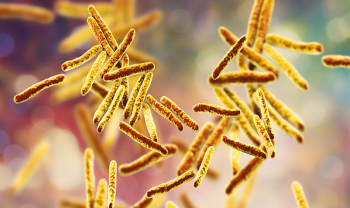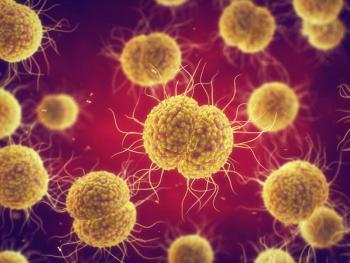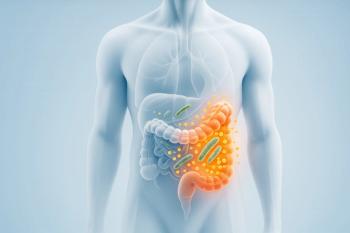
Caffeine can Weaken the Effectiveness of Some Antibiotics
A new study has found that caffeine and other substances can influence gene regulation in Escherichia coli bacteria, making them more resistant to antibiotics.
Bacteria such as Escherichia coli (E. coli) can react to chemical stimuli in their environment that can influence the effectiveness of antibiotics, according to a recent
E. coli is a group of bacteria that lives in the gastrointestinal tract that helps to digest food and can protect against other germs, according to the CDC. But some E. coli can cause diarrhea, urinary tract infections, pneumonia and sepsis and other serious infections.
A team led by Ana Rita Brochado at the University of Tübingen studied various substances – including antibiotics, prescription drugs, and food ingredients – to determine their influence on the expression of gene regulators and transport proteins of E. coli. Transport proteins function as pores and pumps in the outer layer of Gram-negative bacteria such as E. coli. They help to control which substances enter or leave the cell. These pumps are the main reason for
The
In the study published in PLOS Biology, researchers investigated 94 different chemicals — such as aspirin and other drugs, common foods and gut metabolites — for their impact on transport proteins in E. coli. They found that one-third of all tested compounds triggered transcriptional changes in the cell, including macrolide antibiotics (such as erythromycin, clarithromycin, and azithromycin), but also non-antibiotic compounds such as caffeine.
“Caffeine triggers a cascade of events starting with the gene regulator Rob and culminating in the change of several transport proteins in E. coli – which in turn leads to a reduced uptake of antibiotics such as ciprofloxacin,” Brochado said in a
This weakening effect, however, was not seen with Salmonella enterica, a pathogen closely related to E. coli. This shows that even in similar bacterial species, the same environmental stimuli can lead to different reactions – possibly due to differences in transport pathways or their contribution to antibiotic uptake.
Researchers said understanding how this low-level resistance, which is due to regulation and environmental adaptation and not resistant genes, could have implications for future therapeutic approaches. It also could aid physicians in guiding patients on what to eat or drink or what other types of medications to avoid during treatment.
“Our data show that several substances can subtly but systematically influence gene regulation in bacteria,” Ph.D. student Christoph Binsfeld, first author of the study, said in the news release.
Newsletter
Get the latest industry news, event updates, and more from Managed healthcare Executive.























